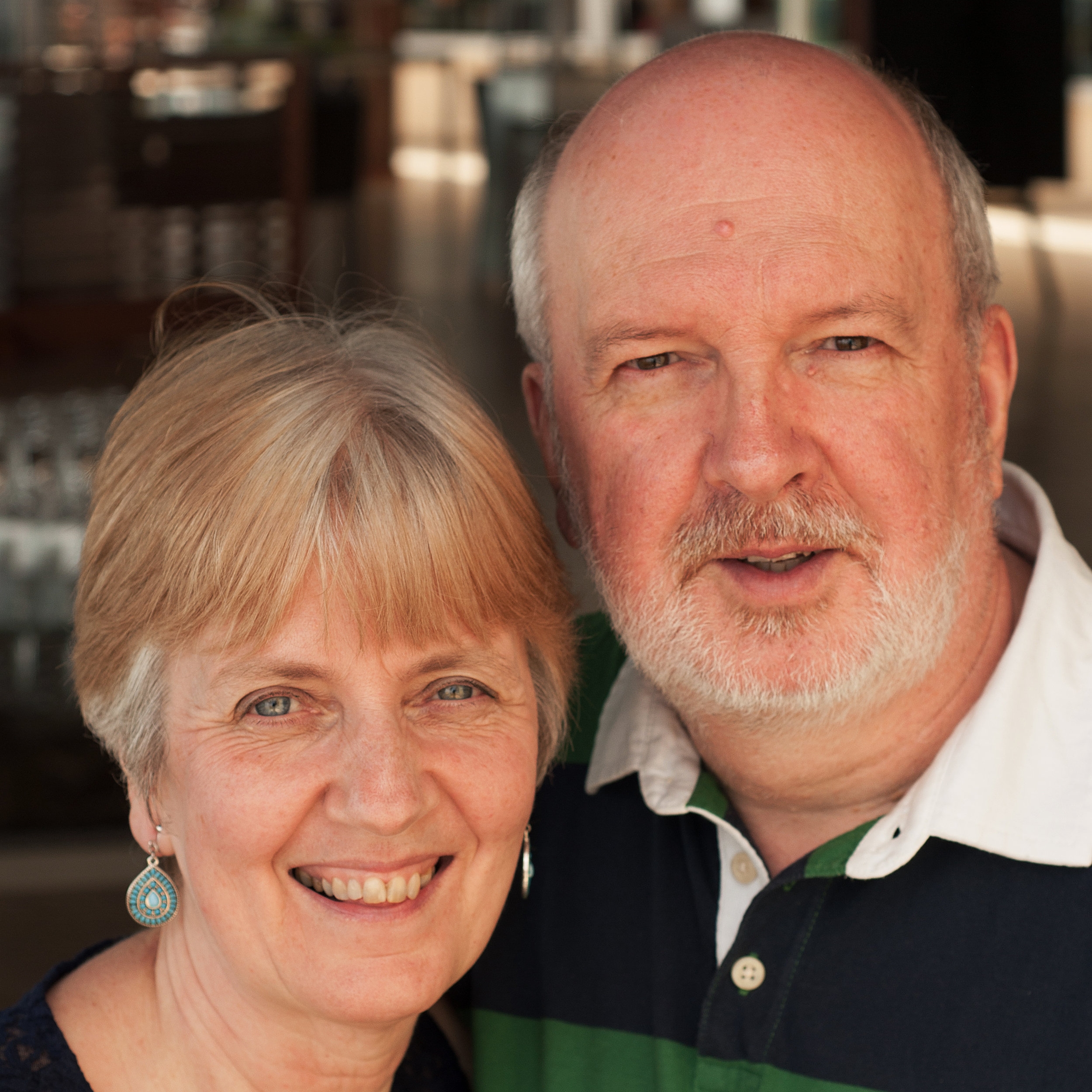Why is the widow even in the story?
I was in South Africa recently with an unusual team of church planters. Some are from comfortable middle class areas, others from challenging township districts. They work as one team and want to develop a funding model that reflects biblical principles, doesn’t encourage dependency or financial superiority and recognizes their diverse backgrounds. Quite a challenge!
They asked if I’d help them explore examples in scripture where people were supported to be involved in God’s Kingdom work.
As we looked at 1 Kings 17, where God used ravens to provide for Elijah and then used the widow in Zarephath, one of the guys asked, What’s the widow got to do with it? Why is she even in the story?
Good question!
Initially God provided directly to Elijah through the miracle of the birds bringing food. When the brook dried up and Elijah had to move, why did God not create another direct miraculous provision for him? Why send him over 80 miles away, to a poverty-stricken widow who wasn’t even part of God’s family? It made no sense.
To add to the confusion, in spite of God telling Elijah that he had instructed the widow to feed him, when he arrived, hungry, tired and thirsty, and asked for food she said No. Elijah didn’t take the easy path of apologizing and walking away. He asked again and for some reason the widow responded to his second ask.
The result was that Elijah wasn’t provided for directly by a miracle, he was fed from the widow’s kitchen. It was the widow who received the miracle of provision until the rains returned.
If Elijah had chosen to stay in his comfort zone and not asked the second time, he could probably have found food elsewhere. But the widow and her son would have died. Why did God choose this particular widow? I’ve no idea. I’ve given up trying to second guess why God does what he does.
What’s the lesson in this for me? I need to listen carefully to God’s prompting about approaching specific people for support. And I need to act on those promptings even if it pushes me well beyond my emotional, cultural, religious, spiritual, logical and physical boundaries.
Because it may not be about me. It may be about God wanting to do a miracle in the life of the giver. If I don’t act on God’s prompting, what might the negative consequences be in the life of the person I selfishly choose not to contact, just because I’m uncomfortable?
Who is your widow?
Myles Wilson helps mission organizations across the globe develop personal support programs that are biblical and practical. He and his wife Phyllis live in their native Northern Ireland.
Myles is the author of Funding the Family Business, available in the U.S. at www.twr.org/ftfb

